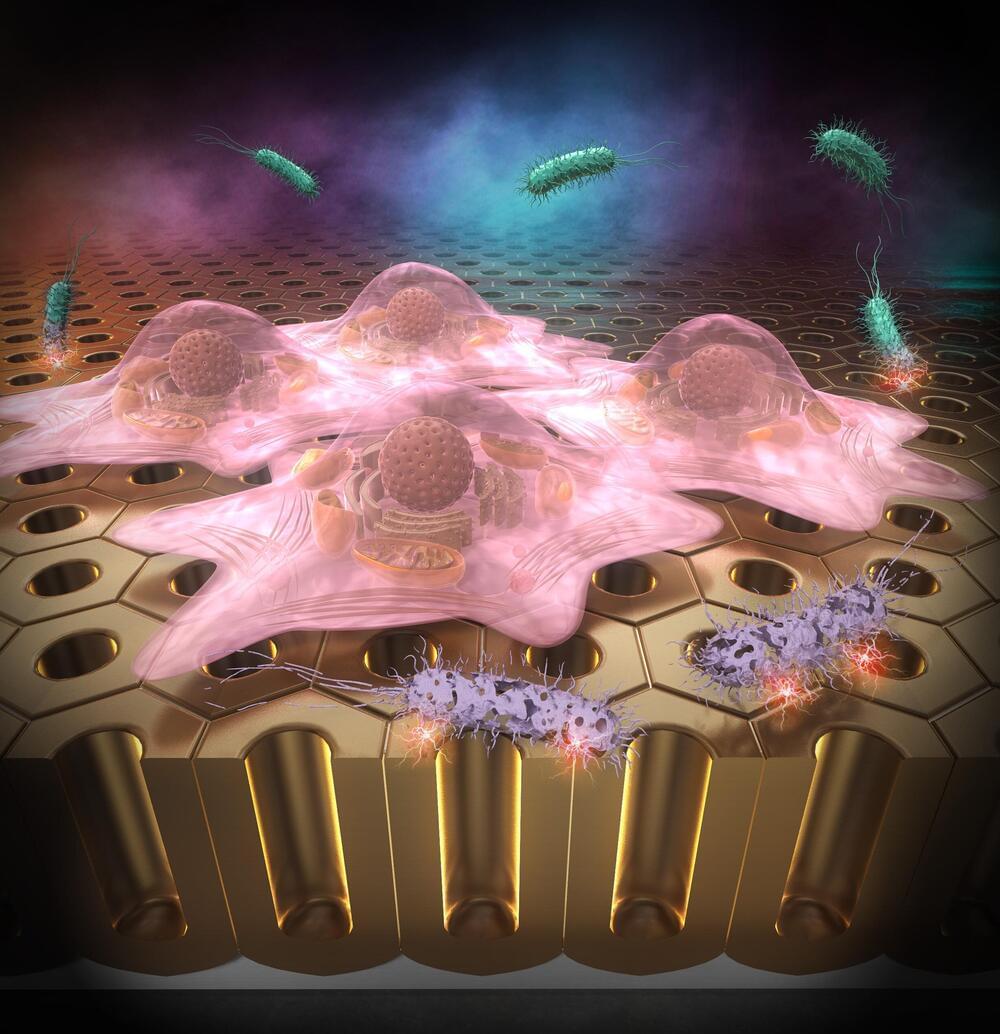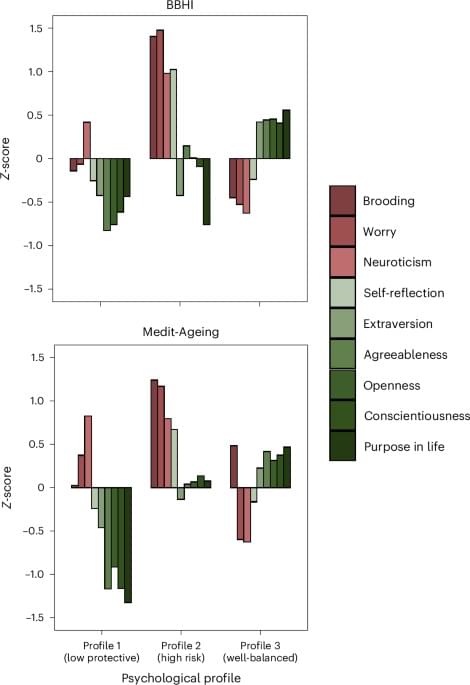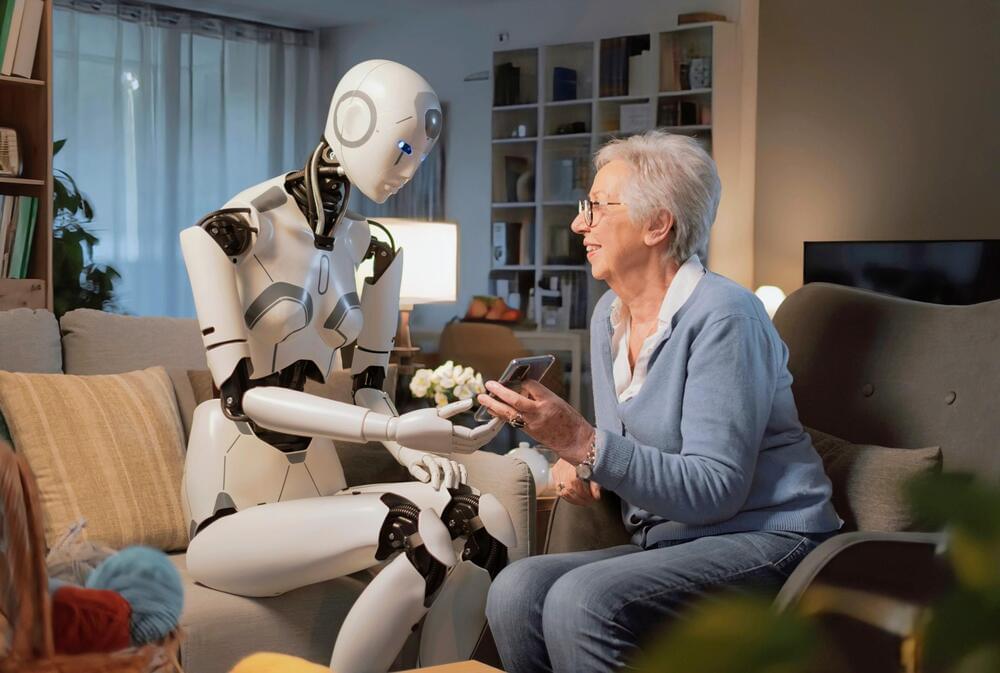Brain scans show fasting literally rewires your brain:
Brain scans of participants in a recent study showed changes in brain areas that regulate appetite and addiction, including the inferior frontal orbital gyrus. At the same time, tests of stool samples and blood showed changes in the gut bacteria, especially with types called Coprococcus comes and Eubacterium hallii.
The research was published in Frontiers in Cellular and Infection Microbiology.
The team emphasizes that, not only did the participants lose weight, averaging 7.6 kilograms (16.8 pounds), but there were also noticeable changes in the composition of their gut bacteria, and additional changes in brain regions.
These changes were linked to less activity in a part of the brain called the left inferior frontal orbital gyrus, which helps control food intake. During intermittent fasting, certain beneficial gut bacteria may become more prevalent, producing compounds that influence brain activity related to food intake and impulse control.
This suggests a complex, bidirectional communication between the gut and the brain, where altering the gut environment through fasting can lead to changes in brain function, potentially affecting eating behaviors and decision-making processes related to diet. Intermittent fasting offers multiple benefits, including weight loss, improved metabolic health, enhanced brain function, and potential longevity, by altering eating patterns to incorporate regular periods of fasting.







